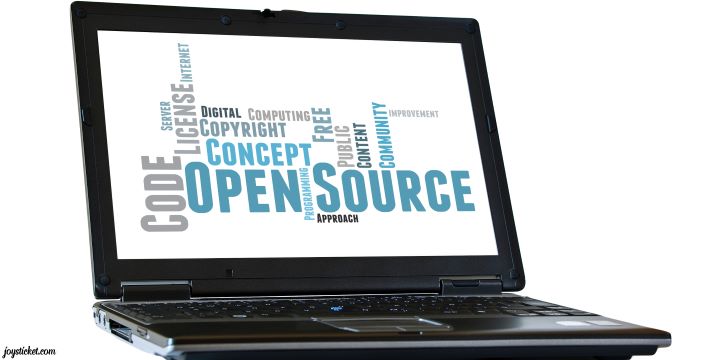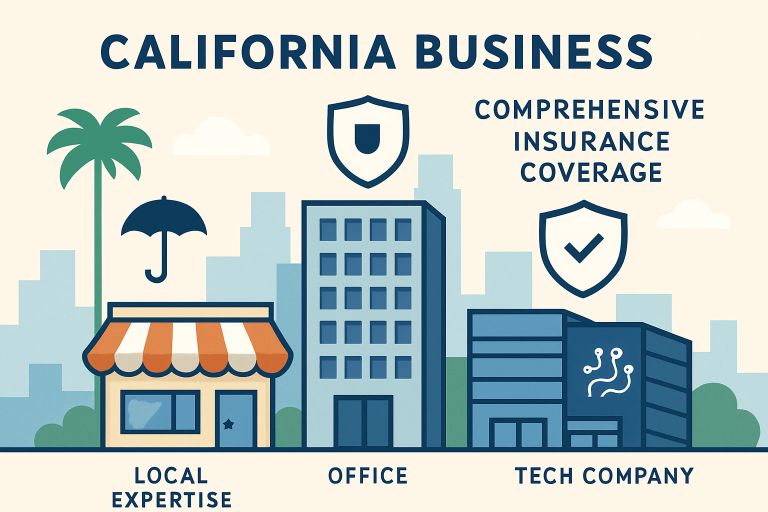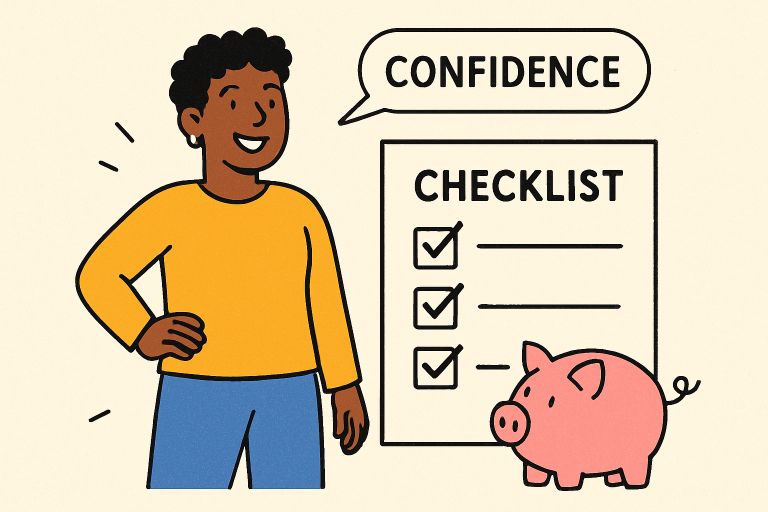Overcoming Challenges in Open Source Contributions: A Beginner’s Guide
Table of Contents:
- Introduction to Open Source Contributions
- Finding the Right Project
- Understanding Issues and Pull Requests
- Common Challenges for New Contributors
- Tips for Successful Contribution
- Resources for New Contributors
- Conclusion
Introduction to Open Source Contributions
Open-source contributions are a fantastic way to build your skills and give back to the community. They allow you to work on real-world projects and collaborate with developers globally. However, identifying a first issue can take time and effort. This guide aims to help you navigate common challenges and set you on a successful open-source journey.
Contributing to open-source projects enhances your coding skills and allows you to understand different coding styles and practices. The feeling of unity and common objectives can also be very inspiring. Whether fixing a bug, adding a new feature, or updating documentation, every contribution you make can significantly impact a project’s development.
Finding the Right Project
Selecting the correct project is essential for a prosperous open-source experience. Look for active projects with a welcoming community and clear contribution guidelines. Projects with good documentation and an active issue tracker can make your initial contributions smoother. Before diving into a project, take some time to read through its file, contributing guidelines, and recent issues to get a sense of what is expected.
Start by browsing repositories on popular platforms. Look for tags like ‘good first issue’ or ‘help wanted.’ These tags often indicate issues suitable for beginners and can ease your entry into the project. Projects with many stars and recent commits usually indicate an active and healthy repository. Joining community forums or attending project meetings can provide further insights and help you decide if a project aligns with your interests and skills.
Understanding Issues and Pull Requests
Issues and pull requests (PRs) are the core of open-source contributions. Understanding the purpose-based nature of these components can make your contributions both meaningful and effective. Issues are typically used to track bugs, feature requests, and other project tasks. They provide a way for maintainers and contributors to discuss and prioritize work that needs to be done.
Pull requests are your way of submitting changes to a project. When making a pull request, closely following the project’s contributing guidelines is essential. This often includes writing descriptive commit messages, ensuring your code passes all tests, and adhering to the project’s code style. A well-crafted pull request with precise descriptions and relevant screenshots or code snippets can significantly increase the chances of your contributions being accepted. Engaging in discussions on your pull request and responding to feedback promptly demonstrates your commitment and willingness to collaborate.
Common Challenges for New Contributors
New contributors often need help with several hurdles, such as understanding the codebase, finding approachable issues, and communicating effectively within the community. These challenges can be mitigated by taking small steps initially, like fixing typos, updating documentation, or solving minor bugs. Familiarizing yourself with the project’s structure, critical files, and coding standards can expedite your onboarding process.
Another common challenge is the impostor syndrome, where you may need to be more qualified to contribute. It’s essential to remember that open-source communities are usually very supportive and open to newcomers. Feel free to ask for help when needed. Joining a project’s chat channels, forums, or mailing lists can provide a platform to ask questions and seek guidance from experienced contributors. Remember, every seasoned contributor was once a beginner, too.
Tips for Successful Contribution
Here are some tips to help you succeed:
- Start with documentation or minor bug fixes
- Participate in community forums and discussions
- Read a lot of code and understand the project structure
- Be patient and persistent
By starting with more minor, less complex issues, you can gradually build your confidence and understanding of the project. Engage actively in community discussions and forums to understand the project’s goals and culture better. This will help you make more impactful contributions over time. As you gain more experience and familiarity with the project, you can take on more challenging tasks and propose new features or improvements.
Resources for New Contributors
Several resources can guide you, which offer comprehensive tips and tutorials. These guides cover everything from picking a project to making your first contribution. They also provide insights into open source’s social and collaborative aspects, helping you navigate community interactions and contributions effectively.
Many projects also have a ‘CONTRIBUTING’ file in their repositories. This file usually contains all the information you need to get started, including the project’s code of conduct, coding standards, and instructions for setting up the development environment. Following these guidelines helps you get started quickly and ensures that your contributions align with the project’s expectations.
Conclusion
Contributing to open source can be a rewarding experience that accelerates your growth as a developer. By understanding common challenges and leveraging available resources, you can make meaningful contributions to the community. Remember, every small contribution matters and can have a significant impact. Whether fixing bugs, adding features, or improving documentation, your efforts contribute to the project’s overall success and can help you grow personally and professionally. Engaging with open-source projects allows you to collaborate with diverse developers, enhancing your teamwork and communication skills.
Additionally, it provides an excellent platform to learn new technologies and best practices from experienced contributors. Your contributions can also help you build a strong portfolio, showcasing your skills to potential employers. The open-source community thrives on the collective efforts of individuals, making it an inclusive and supportive environment for continuous learning. Ultimately, your participation advances the project and enriches your development journey.














